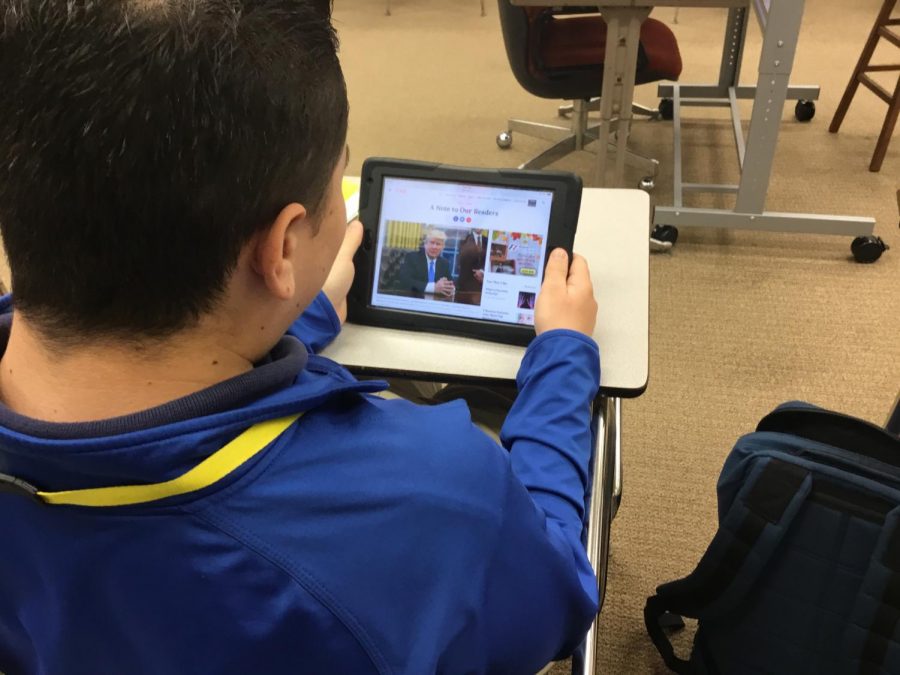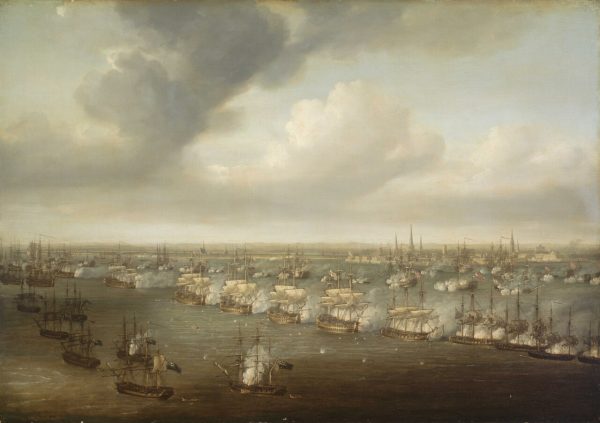The Consequences of Fake News
If one reflects on today’s media-consumed world, it is impossible to ignore the effects of fake news on society. Fake news has affected everything from the forums of the worldwide web to the U.S. presidential election.
It is important to ask ourselves, what defines “fake news” and how is it shaping our world?
The term “fake news” is not new. Its first documented use can be traced back to the late 19th century. It has undoubtedly been popularized today by U.S. President Donald Trump. During the extensive days of the presidential race, media outlets like the Washington Post and the New York Times criticized Facebook’s role in the spread of “fake news” on their site and in turn President Trump criticized the New York Times, CNN and numerous other media outlets of the same claim.
President Trump has undoubtedly popularized the term “fake news,” in an effort to discredit what he sees as the dishonest media. This relentless effort has driven all political parties including the media to internally evaluate their systems in place.
The rise of sensationalism in the media is not new; in the past, it has led to instability and even murder. An early example of fake news can be attributed to the roots of antisemitism in Europe. On Easter Sunday, in Italy during 1475, a 2 and a half-year-old child named Simonino went missing. A Franciscan preacher claimed that Jewish authorities had tortured and killed the child and further claimed that the corpse had been found in a nearby cellar. In response to this news, locals arrested the entire Jewish population of the town and when presented with exaggerated evidence, burned fifteen. This single news event marred European Jews for centuries.
In the mid 20th century, propaganda-fueled journalism in Germany incited the government under Adolf Hitler to commit great atrocities. History is tainted with countless examples of “fake news” which has mislead the public and led them to unwanted anxiety and strife.
In order to remain competitive and profitable, popular news outlets have initiated certain viewpoints for a particular viewership or a selective commercial donor. Even the rise of technology use has ignited the term “fake news” and it seems as if “fake news” is now more profitable than objective news.
Remember in 2017 when a Time magazine reporter falsely stated that the White Houses’ Martin Luther King Jr. bust had been stripped from the oval office? Knee-jerk reaction news coverage like this is sensationalism at its best and it is harming the public as to what is objective news. In fact, it is promoting society to become illiterate as to what is a proper and just media for the public to view and understand.
There is some good news on the effort to stop “fake news.” There is a bipartisan call to end it. U.S. states such as Washington, Connecticut and Rhode Island are taking the initiative in passing laws which encourage media literacy through the education system.
The consequences of fake news have been great. There is certainly a brighter future for journalism in the United States, but it will require a great amount of effort from all sides to remain ethical and responsible and to improve the quality of news coverage.

Christopher Mee is a Junior at Cardinal Newman High School. Mee attends St. Patrick Catholic Church. Mee founded the CN Blue & Gold and is the Editor-In-Chief....









